AI-Generated Content: US Copyright Office Sets Clear Copyright Boundaries for 2025
Music, Text & Images: How AI-Generated Content is Changing the Legal Landscape
The question of whether AI-generated content can be copyrighted is currently the subject of intense global debate. The United States Copyright Office (USCO) has now published clear guidelines in a new report. According to these guidelines, a work created entirely by artificial intelligence is not eligible for copyright protection. However, once human creativity is incorporated into the work, copyright registration is possible – provided the human contribution is significant enough.
AI-Generated Content May Not Always be Protectable
According to a report by the United States Copyright Office (USCO), the protection of creative content should be limited to works that incorporate human creativity. The USCO sees no need for new legislation because existing copyright law is sufficient to meet the challenges posed by AI. The copyright organization emphasizes that the central element of copyright remains the identification and recognition of human creative contributions. Extending it to machine-generated content would undermine the basic principles of protecting creative works.
The debate is particularly relevant for artists and producers who are already using AI-generated content with AI tools for music production. The USCO makes it clear that the degree of human involvement must always be assessed on a case-by-case basis. While music created entirely by AI cannot be protected, works in which AI has been used only to assist the user remain eligible for copyright protection. Criteria for this include deliberate selection and arrangement of content, as well as creative manipulation by the user.
AI-Generated Content Remains Without Full Protection
In practice, this means that a composition created by an AI solely through the input of text is not eligible for protection because the creative process was not determined by humans. However, if an AI develops a melody composed by an artist, the human contribution remains protected by copyright. Similarly, a musician who arranges and creatively processes AI-generated sounds into a new composition can claim copyright for his or her work – but not for the individual AI-generated sound modules themselves.
One issue that remains unresolved is the training of AI models with existing copyrighted content. Numerous lawsuits by rights holders against AI developers are already pending. The music industry in particular is eagerly awaiting court rulings on the use of copyrighted music for AI training. Companies such as Sony Music, Universal Music, and Warner Music have filed lawsuits against platforms such as Suno and Udio, claiming that AI models are using their work without permission. The USCO’s decision in this case could have a lasting impact on the entire AI-generated music market.
Unclear Legal Situation? AI-Generated Content Could Transform Music and Media Industries
While the report provides some clarification, the issue remains very complex. The lack of a way to protect AI-generated content alone could create a dilemma for some artists. To protect their copyrights, creators may be tempted to disguise the use of AI in their work. At the same time, the lack of protectability of AI-generated content could lead to new challenges in terms of plagiarism and licensing issues. While the USCO provides clear principles, the future of copyright in the AI age remains a dynamic and complex area that will continue to spark political and legal debate.
AI-generated content will, of course, be treated and valued differently in the EU. Nevertheless, the legislation in the US will certainly influence other countries, including the EU. In my opinion, this law is a step in the right direction, although it will not be easy to distinguish between purely AI-generated content and content with human input in the event of a dispute. It remains exciting.
More Information
2 responses to “AI-Generated Content: US Copyright Office Sets Clear Copyright Boundaries for 2025”

 4,3 / 5,0 |
4,3 / 5,0 | 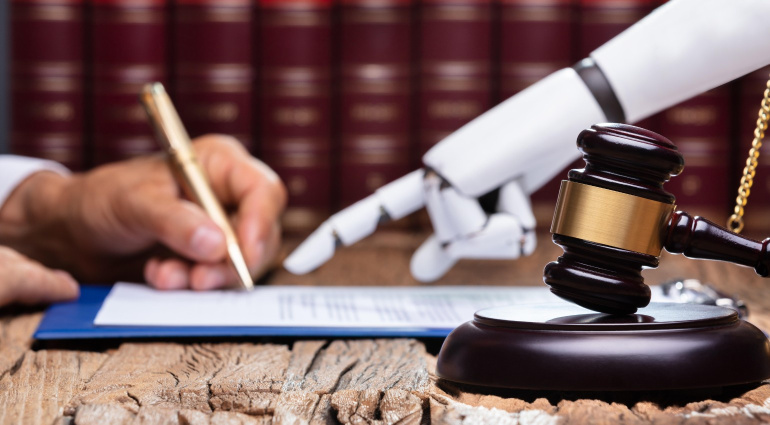

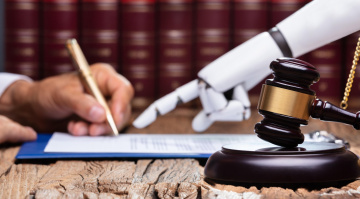

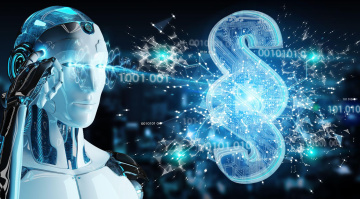
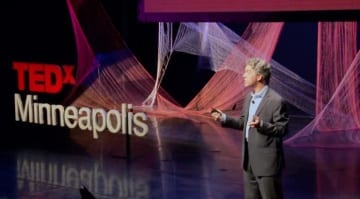
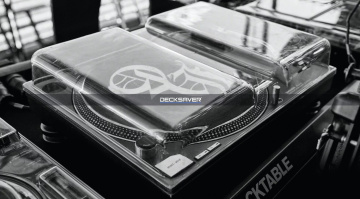
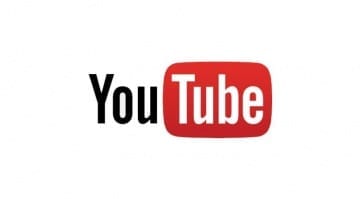
The title is entirely misleading: there is no change at all to the copyright doctrine : ” Copyright Office
concludes that existing legal doctrines are adequate and appropriate to resolve questions of
copyrightability”
It just says that the use of a little bit of AI won’t prevent copyrightability but the determining factor is human involvement. We will have to wait and see where the threshold lies.
Copyright and plagiarism protection are the only things that make music into an industry. Slowly, the super-greedy are chipping away at them. But when all is said and done, there is nothing to stop the likes of you and me making tunes to keep amongst ourselves only. If you want a career out of music, in the future it will likely pay only minimum wage, because it’s slowly heading towards AI doing the lot. But some of us have long since ditched it all well in advance of that, and are just making tunes for the fun of it. The AI bots can keep it, it’s mostly a bag of shit anyway.